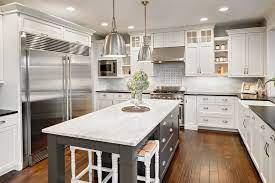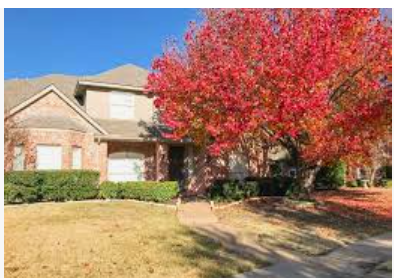As people age, their needs change. They may need help with simple everyday tasks like getting dressed or making lunch, but the need for a sense of independence and autonomy is critical at every age.
In order to have a successful living situation, it is important that the right amount of care and comfort are present. This balance can be stated as a ratio—the amount of care offered should not be so great as to restrict the autonomy of the elder nor so small as to be insufficient for quality of life.
What’s in a Home?
As people grow older, their home environment and needs will change. It may start with moving to a home that is all on one level (such as a bungalow) or moving to a supported living community with wardens.
The most important thing for families to consider is that their relative is happy and content in their new environment. They may choose to live in one of the beautiful Signature care homes on offer, or they may choose to live in an annex on the family property.
Whatever the choice is, it should be something that everyone is happy with.
Care homes are very different in the way they operate, so it is important to remember that you need to take your relative on a tour so they can try the food, meet the staff, and see the bedrooms.
A Good Living Environment
Below are some tips for creating a living environment that promotes comfort and autonomy:
Make home a happy place
A home should be a place of relaxation and peace rather than stress and anxiety.
A cluttered space, overuse of technology, or an atmosphere dominated by negativity can make life more difficult for those with dementia or Alzheimer’s disease.
The more space that is used for activities such as exercise, games, music, and crafts, the more likely it will be that it has a positive impact on the quality of life for a person who is elderly or living with disabilities.
Create a safe zone
The constant risk of falling can cause a lot of anxiety and stress for people with dementia, so providing an area where they can live safely in their own space is highly important.
Try to avoid re-arranging furniture, as this often causes stress when space is limited.
Organize daily routines
Everyone has habits, and the same goes for your loved one who is growing older.
The more you incorporate daily tasks into their routine, the less supervision they will need to keep them on task.
It is important to let your loved ones set their own alarm, but be aware that you can ask staff or family if it is necessary. One of the most important tasks for people with dementia who are unable to work is to make sure they take their medication; this should not be neglected.
Make the environment comfortable
It is important to create a comfortable and inviting atmosphere.
This can be done through notes and pictures, but remember that it will be more effective if you feel confident in the role you are playing as a caregiver.




